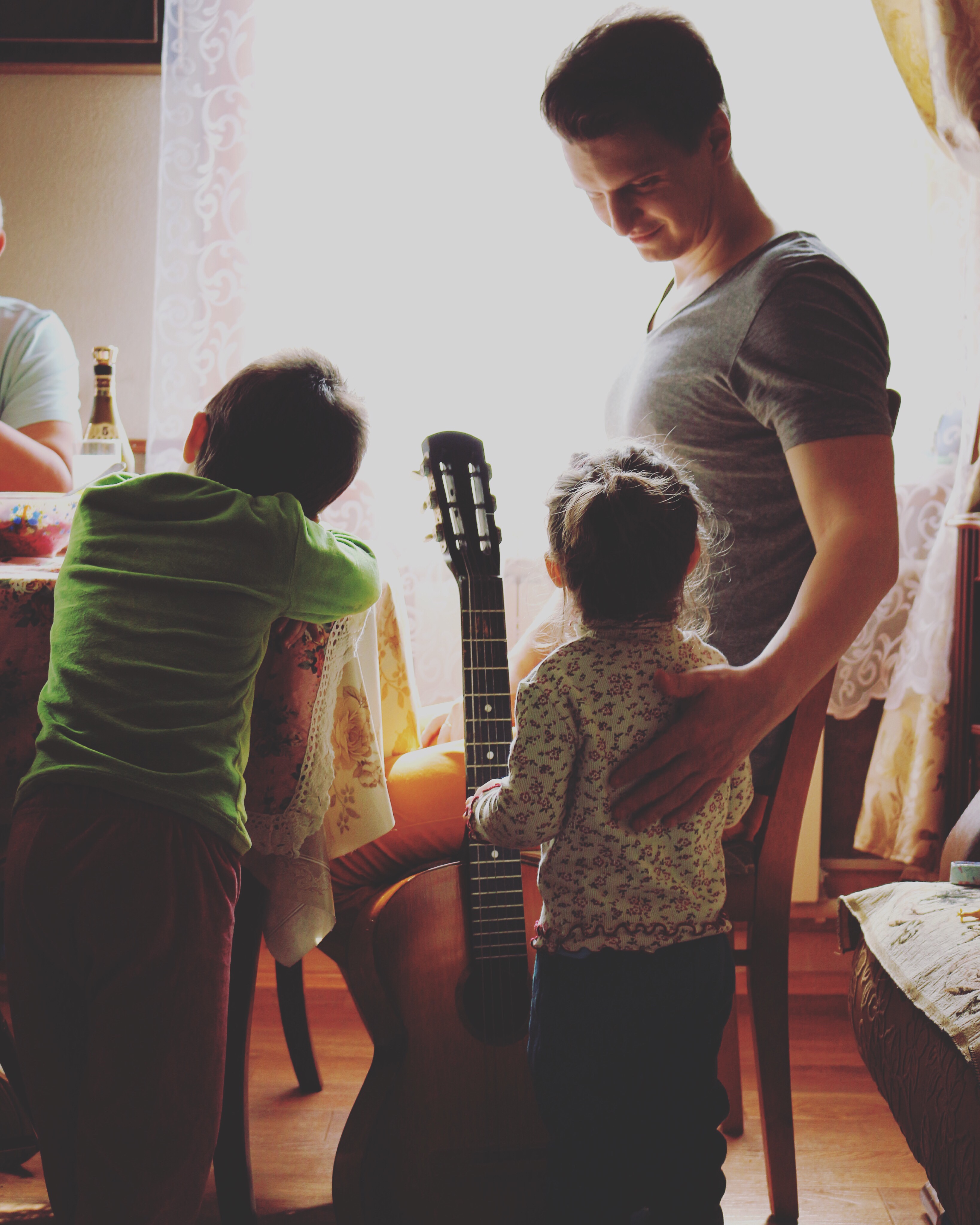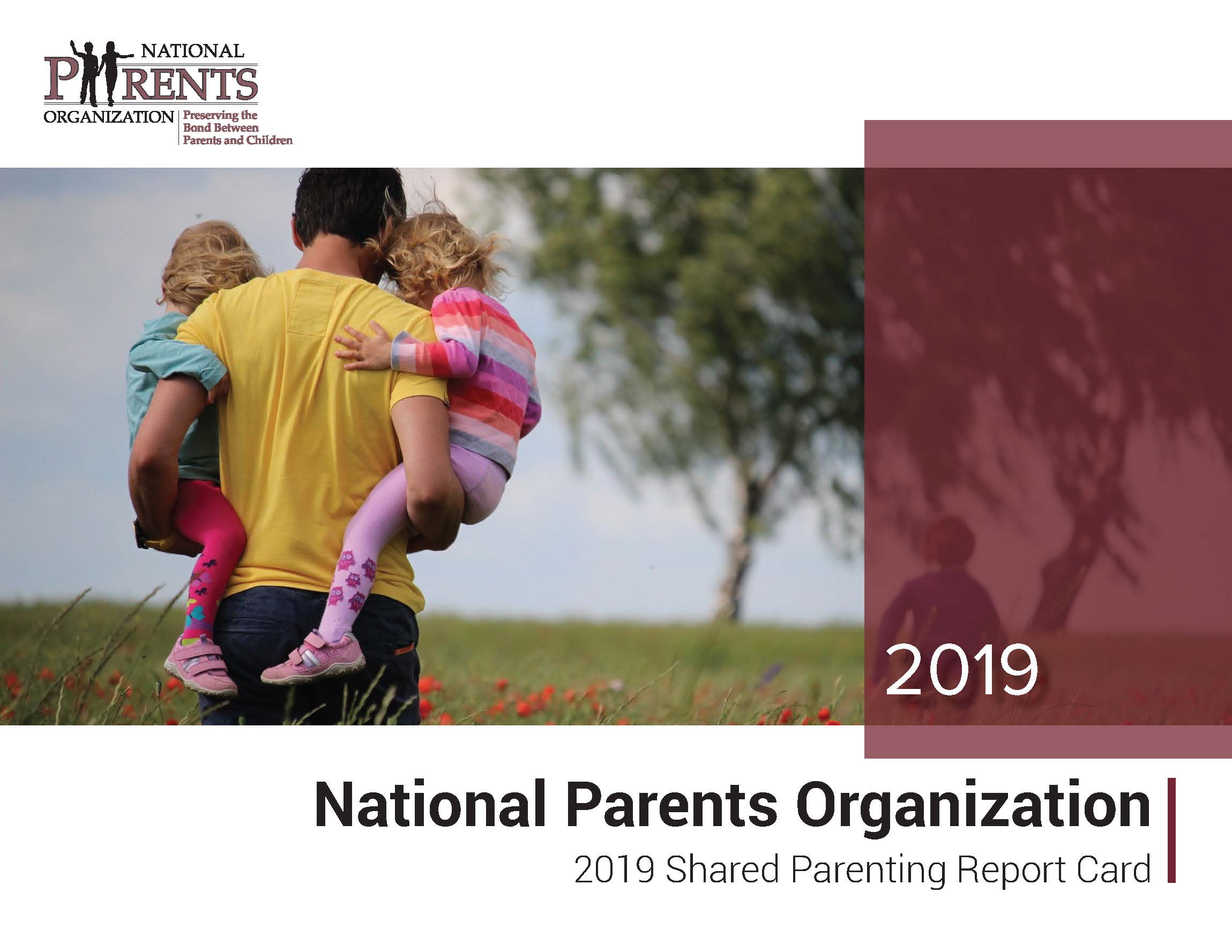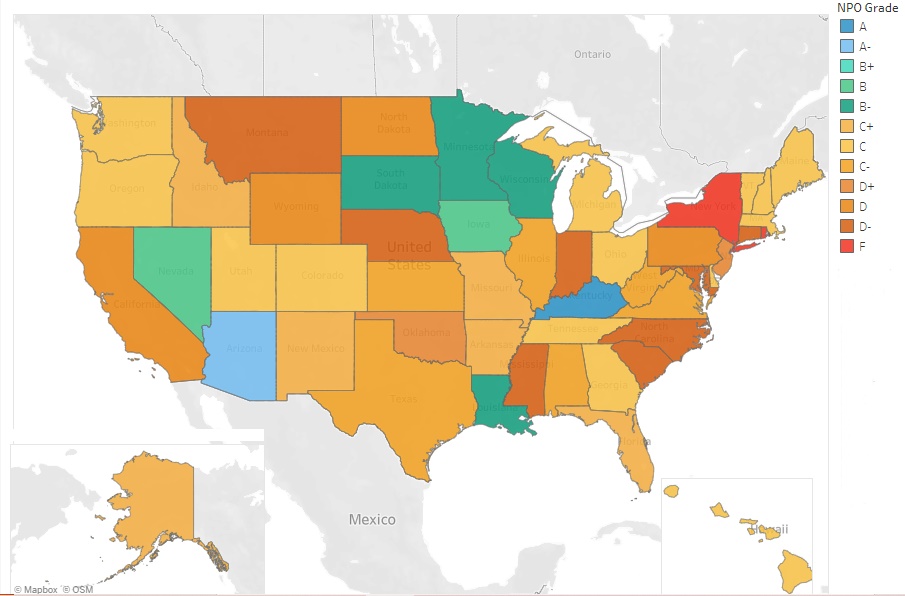
October 7, 2019 by Robert Franklin, JD, Member, National Board of Directors
A lawsuit against the State of New York seeks to overturn a 39-year-old law that appears to blatantly and unconstitutionally discriminate against unmarried fathers. Just when I think I’ve seen everything, something like this crops up.
In New York, mothers, whether married or not have the full panoply of parental rights. Unmarried fathers do not. So if Mom is found to be unfit to care for little Andy or Jenny or is abusive toward them, she can lose her parental rights. The question then becomes, “What happens to the kids?” As the Urban Institute discovered back in 2006, all too often Dad is ignored as a possible placement for the children who go into foster care. That particular scenario was held to be an unconstitutional infringement on fathers’ rights by the 9th Federal Circuit, but unfortunately for New York fathers, the 9th Circuit doesn’t control New York courts.
But that’s far from all. Not only are fathers often ignored as possible placements for children, but, unknown to them, they’re required to pay child support, not to the mother who’s lost custody, but to the state foster care system. Yes, there’s a law requiring them to do that, but there are a few hitches. First, the state never lets them know they’re obligated to pay. Second, the state never lets them know how much to pay, to whom or where. Third, the state never lets them know that, if they don’t pay, they’re considered to have abandoned the child and the state will move to terminate their parental rights.
In New York, lawyers for fathers said that making payments to foster care agencies was not even possible. The agencies do not try to collect the money, they said, and fathers do not know where or to whom to send it.
“I’ve tried to imagine ways of doing it — having my clients get child support orders against themselves, which they can then pay, or offer to pay the agency in cash every time they can, just so it’s in the record that they tried,” said Yusuf El Ashmawy, a lawyer who represents Mr. Dunbar and other fathers. “It’s mind-bending.”
Here’s the New York Times’ story about a father named Ping A (New York Times, 9/25/19).
But when child welfare officials found that Amanda’s mother had inflicted excessive corporal punishment on her in 2013, they removed the girl from the home. Even though court records show that Ping had never committed abuse and was not present when it took place, a judge later decided that he would lose his daughter, too. Ping could not have custody or any say in her life anymore.
Now, the 9th Circuit doesn’t control New York law, but the U.S. Supreme Court does and if that law survives Supreme Court scrutiny, I’ll eat my hat. In the first place, the Court has long held that unmarried parents have the same parental rights as married ones. Plus, in Troxel vs. Granville, the court held that parents have a fundamental liberty interest in raising their children that the state may interfere with only on a showing of harm or the potential for harm to the child. Clearly, the New York statute requires the state to make no such showing and must be overturned.
Amazingly, New York is just one of 12 states that use the same scheme to deprive children of their fathers.
In New York and 11 other states, if a mother is accused of abuse or neglect but the father is not, and he is not married to her, he must prove that he is a parent in his own right — otherwise he will not have a say in whether the child is put up for adoption. In most of those states, including New York, proof means paying child support — not to the mother but to the government agency that has taken the child.
Unsurprisingly, the zeal with which New York (and the other 11 states) shanghai kids from their fathers is rooted in their desire to channel them into the adoption system. New York of course was the first state in the nation to enact a putative father registry whose entire purpose is to remove unmarried fathers from the adoption loop. Forcing adoption on kids with fathers who are ready, willing and able to parent them is, as I’ve said many times before, bad for kids and their dads, but far worse, deprives children who do need adoption of adoptive parents.
That zeal produced the 1980 law in question.
Defenders of the New York law, which dates to 1980, say it helps children who have been languishing in foster care to get a permanent home sooner by preventing unmarried fathers who do not support their children from using the courts to delay or stop an adoption.
If those fathers had full rights, “we would have to prove by clear and convincing evidence that he abandoned the child … which can take years,” said Ira L. Eras, a New York lawyer who has mostly represented foster care agencies for three decades.
So yes, the law is all about facilitating adoption. The problem is that, if its aim is truly to help adopt children who’ve been “languishing in foster care” for years, then why be so secret? After all, how hard could it be to inform a father like Ping that he needs to pay the foster care agency if he’s to preserve his parental rights? But New York doesn’t do that. Instead it hides the ball in the hopes that the Pings of the world won’t find it. Apparently many don’t.
The state does not track how often the law is given as the reason for ending a father’s parental rights. But a review of Family Court decisions and interviews with foster care lawyers suggests it is routinely cited in those cases.
The point being that, if a father is fit and willing to parent his child, then why force it into the adoption system? There are far more children in the U.S. and the world who need adoption than there are qualified parents who want to adopt. So by forcing adoption on a child like Ping’s daughter, who had a good father who wanted to care for her, another child somewhere, who does need adoptive parents, will continue “languishing in foster care.” In short, the excuse offered by defenders of the New York law is a fraud and Ping’s case proves it.
It’s long past time that New York and other states stopped lining the pockets of adoption agencies and lawyers at the expense of children and unmarried fathers.






 October 8, 2019 by Robert Franklin, JD, Member, National Board of Directors
October 8, 2019 by Robert Franklin, JD, Member, National Board of Directors